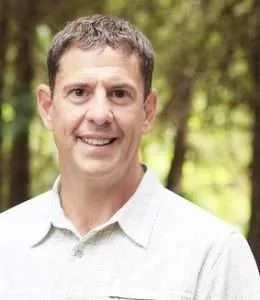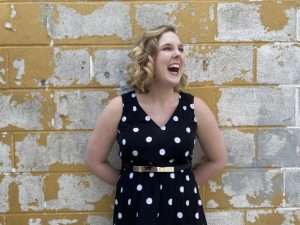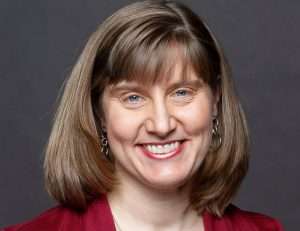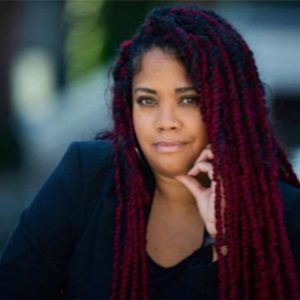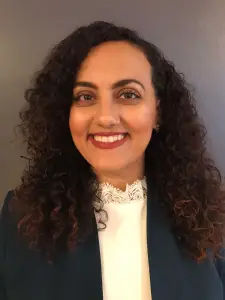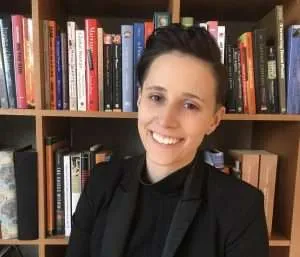Editorial Note:
This profile of Janet Mancini Billson, PhD is brought to you through a partnership between the Association for Applied and Clinical Sociology (AACS) and Applied Worldwide. Thank you to AACS and all those who made valuable contributions to the Profiles in Applied & Clinical Sociology series.
This profile is presented with the intentions of: 1) providing students with examples of applied sociology, 2) providing market value to sociological skills and services, and 3) promoting the work of individual sociological practitioners and organizations. You can learn more about AACS at AACSnet.net.
Janet Mancini Billson, PhD
Janet Mancini Billson earned her B.A. in sociology from Baldwin-Wallace College. She later went on to earn her M.A. and Ph.D. in sociology from Brandeis University. Dr. Billson is now a Certified Clinical Sociologists and holds certificates in group therapy and group facilitation from the Boston Institute for Psychotherapy.
Now the owner and director of Group Dimensions International, which she founded in 1981, Dr. Billson offers private consulting services specializing in “refugee resettlement and integration, women in development, organizational development, policy analysis, evaluation research, and impact assessments.” Through Group Dimension International, Dr. Billson has worked with clients all over the world including, “The World Bank, African Development Bank, Inter-American Development Bank, IDRC Canada, FASID Japan, United Nations, federal, state, and local government agencies, NGOs, universities, hospitals, think tanks, and corporations.”
When we asked Dr. Billson what services she offers as a Certified Clinical Sociologists and owner/director of Group Dimensions International, she told us:
“Evaluation research and policy analysis conducted with World Bank Group, IDRC, the United Nations Commission for Asia and the Pacific (UNESCAP) staff and management, UNIFEM, and in developing countries with national planning department staff, government ministers, provincial and local officials, World Bank, African Development Bank, and Inter-American
Development Bank resident mission staff and other donors, media, private sector, and NGOs—on issues of policy implementation, gender equity, and education and health sector development, and M&E processes. Participant observation, focus groups, and surveys for international development conferences.”
Janet Mancini Billson, PhD
Dr. Billson was able to establish her sociological practice by “offering [her] services training volunteers to become strong group facilitators for cancer patients and their families. After a year [her] name began to circulate and paying contracts followed.” She added, “I still do one pro bono project for a non-profit every year.” Although now semi-retired, she still often needs interview transcribers, and sometimes survey analysts. She is still also training MA/PhD candidates in focus group research and key informant interviewing.
Read the full interview with with Dr. Billson below to learn more about her impressive resume as a clinical sociologist.
Using Sociology in Practice
How do you use sociological research methods in practice?
I conduct evaluation research for both public and private sector clients. Basic methodological skills include working with clients on research design, development of instruments, data analysis, reporting, and developing recommendations for organizational, policy, program, and planning strategies.
Working for positive change is crucial to my business model. Clients include The World Bank, African Development Bank, Inter-American Development Bank, IDRC Canada, FASID Japan, United Nations, federal, state, and local government agencies, NGOs, universities, hospitals, think tanks, and corporations. [I use a variety of methods, including] surveys, focus groups, executive interviews, and thematic evaluations [to] support clients. [This work has given me] extensive international and development research experience.
How do you use sociological theory in practice?
Theory infuses all of my work. Gender/ethnic identity and social change theories are powerful tools for analyzing refugee and international development questions. Theories of rural to urban migration are among my favorites, especially marginality theory, to which I have contributed.
These go back to the Chicago School of Sociology of the 1920s and 30s. Conflict theory, with a more positive emphasis on how collaboration and cooperation can emerge from conflict, is also important. In organizational development/policy analysis, looking at structural-functional and role relationships can be invaluable. Concepts are definitely part of any sociologist’s toolkit.
Lessons for Future Practitioners
What types of courses should undergraduate students take in preparation for a career in your type of practice?
All the statistics and methodology courses offered at your institution. They are like the scalpel to a surgeon. If available, take sociology of small groups/group processes/group dynamics or get training outside of academia, if necessary. Tons of theory. Take at least two philosophy courses, including logic (to help you with your theory) and some psychology or social psychology courses. Learn a language other than your own–take the language every semester for four years. That will get you into any field. WRITE! Get help with your writing.
What types of courses should graduate students take in preparation for a career in your type of practice?
Same as the above plus some anthropology/linguistics.
What types of experiences should undergraduate students seek in preparation for a career in your type of practice?
Internships in places and fields that you are VERY interested in. Don’t waste your time working for peanuts in dead-end jobs. If a job opportunity comes along in a field you care about, then work for free or less than peanuts. The money will come later. Management could be as important a job category as research if it teaches you more about how organizations work, how to organize your time better, how to watch class, status and power in action. Choose carefully.
What types of experiences should graduate students seek in preparation for a career in your type of practice?
Try to work in a government agency (any level), healthcare setting, or educational institution–three major contexts for practicing sociology. Look for data analysis opportunities (theory will start to hit you), writing opportunities (reports, analytical pieces), and chances to make presentations.
What texts or authors can people reference to learn more about the work you do as an applied or clinical sociologist?
The Power of Focus Groups, Conducting Systematic Key Informant Interviews (training manuals by Billson); Read anything by Saul Alinsky and other activists; Mahatma Gandhi; history; get inspired by life. Sociological practice depends on a broad outlook, not being a technician.
More generally, what are the best outlets to learn more about the work you do as an applied or clinical sociologist?
The Association for Applied and Clinical Sociology annual meetings and the AACS journal, the Journal of Applied Social Science. Go to the meetings, do student presentations; network.
Take the fabulous courses in evaluation research from the International Program for Development Evaluation Training (managed jointly by the Center for Continuing Education at the University of Bern (Switzerland), the Center for Evaluation at Saarland University (Germany) and the Independent Evaluation Group of the World Bank. You will meet smart people from all over the world who bring their social science skills right into your life!
How would you describe the daily life of an applied or clinical sociologist?
While I am writing a report for one client I am probably responding to an RFP (Request for Proposals) for another potential contract from a UN agency or international development bank. Then I am supervising staff or interns in data analysis of various types. And then spending the late afternoon having tea or dinner with friends and watching an old movie from 8 to 10. Writing my academic research up on the weekends.
What advice do you have for aspiring applied and clinical sociologists?
Do your homework. Know your client. Ask for annual reports. Ask for honest feedback on your work. Every time.


